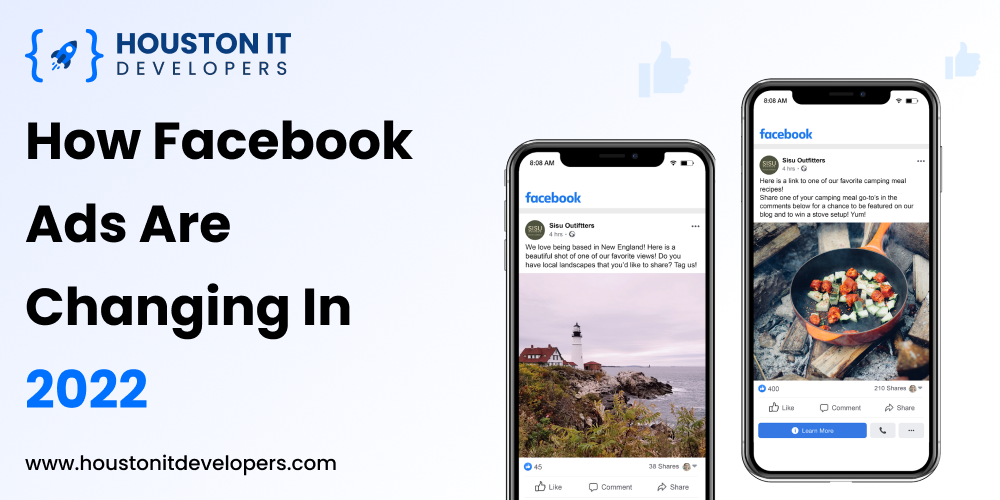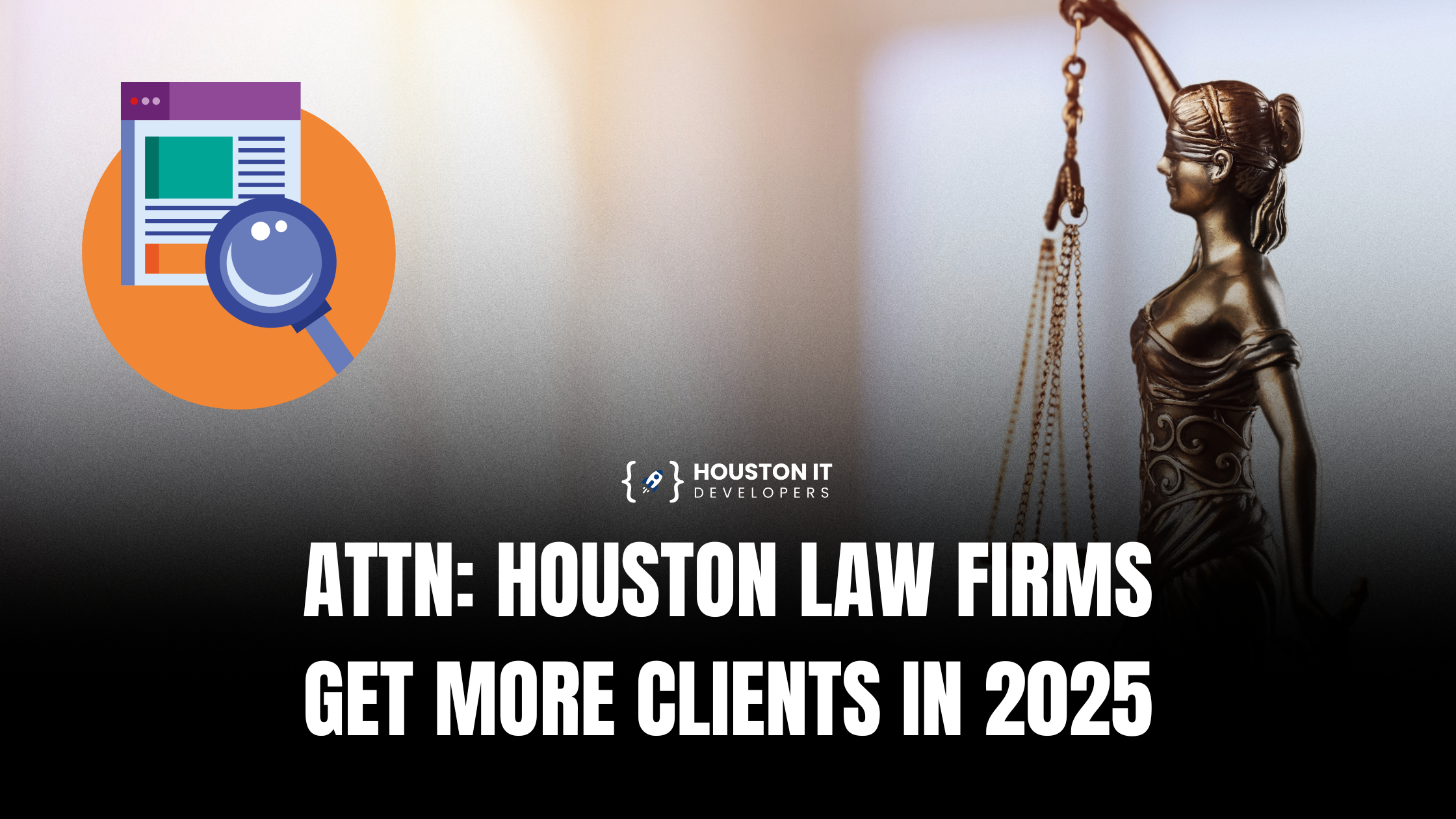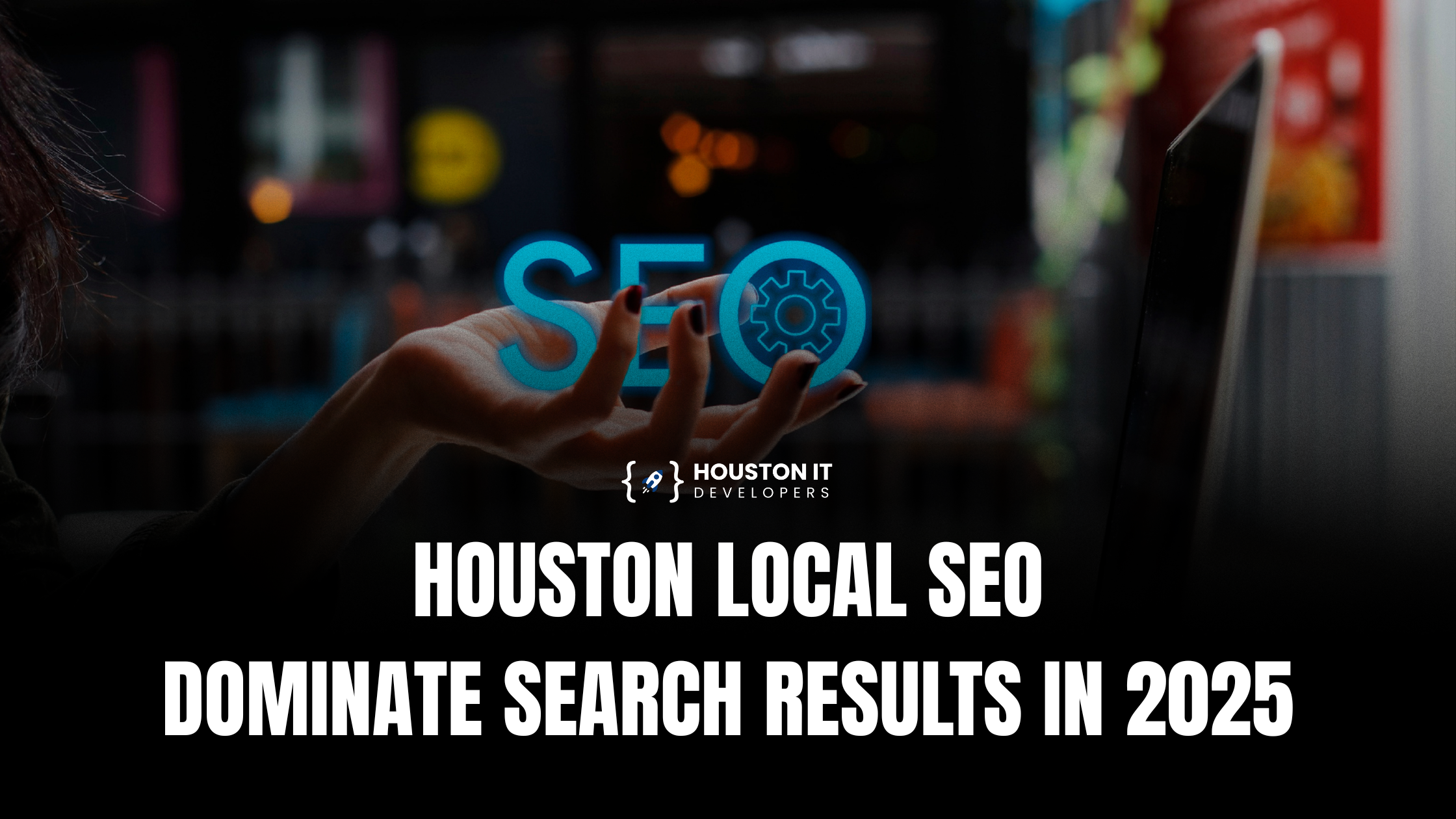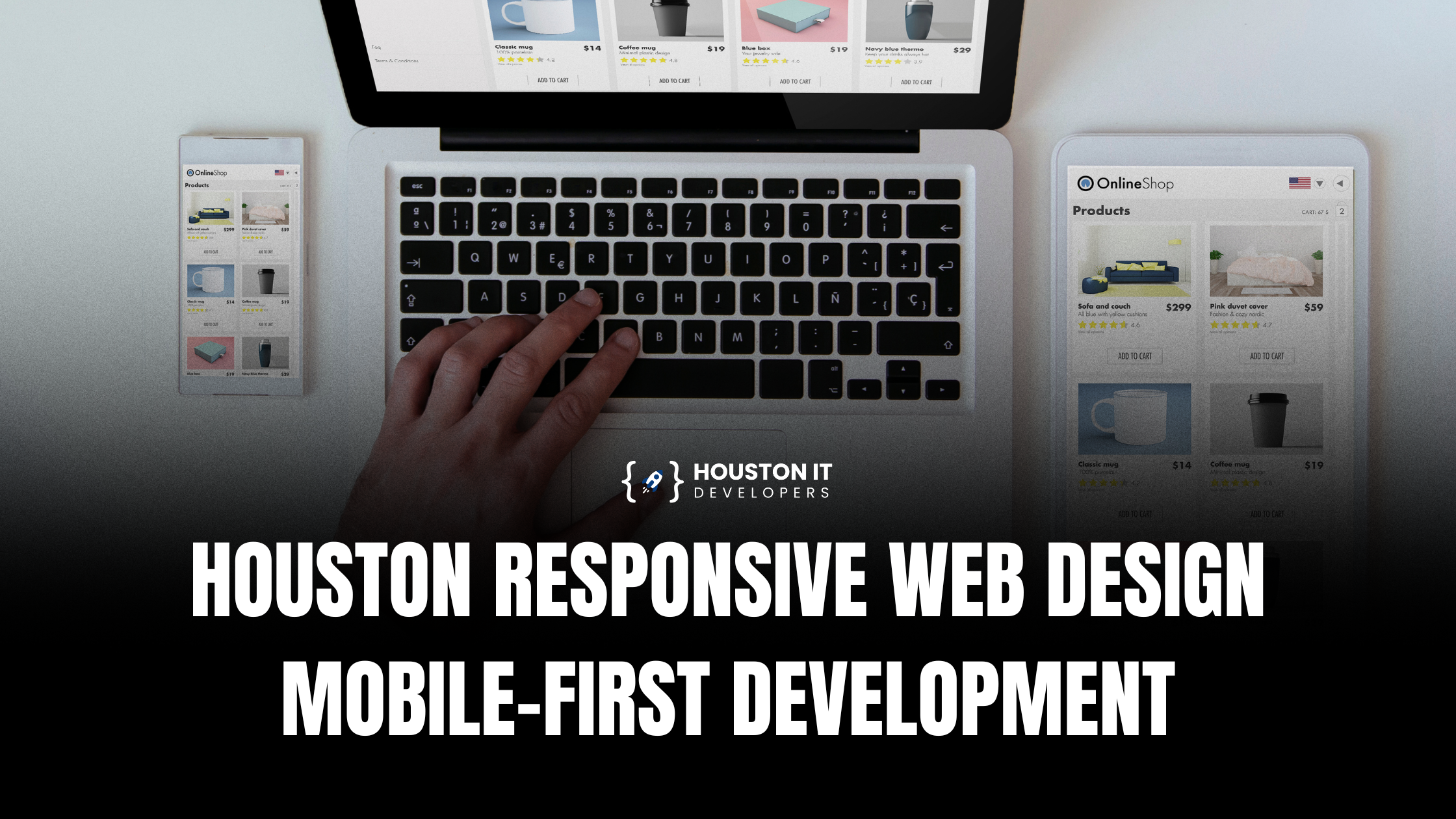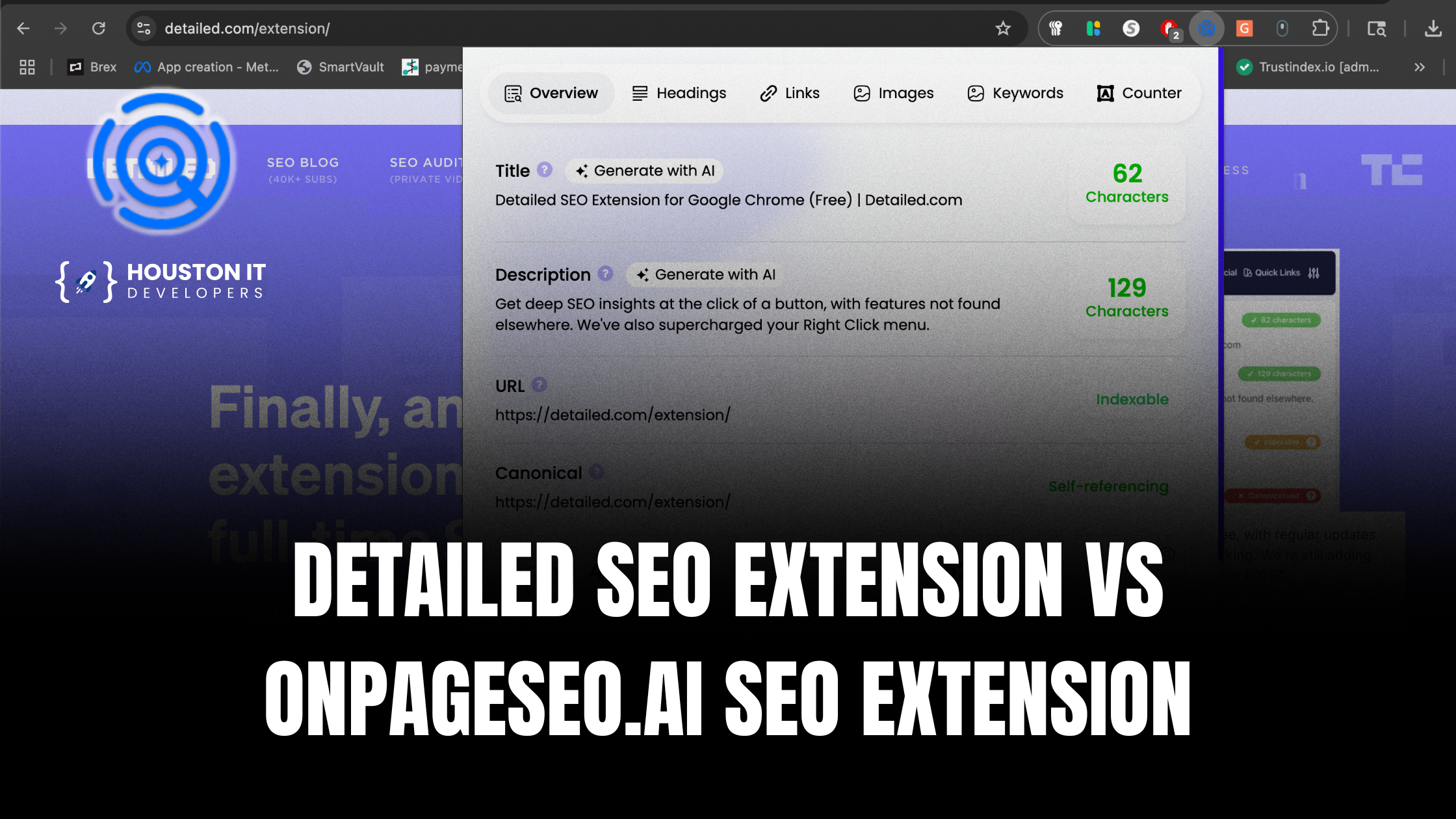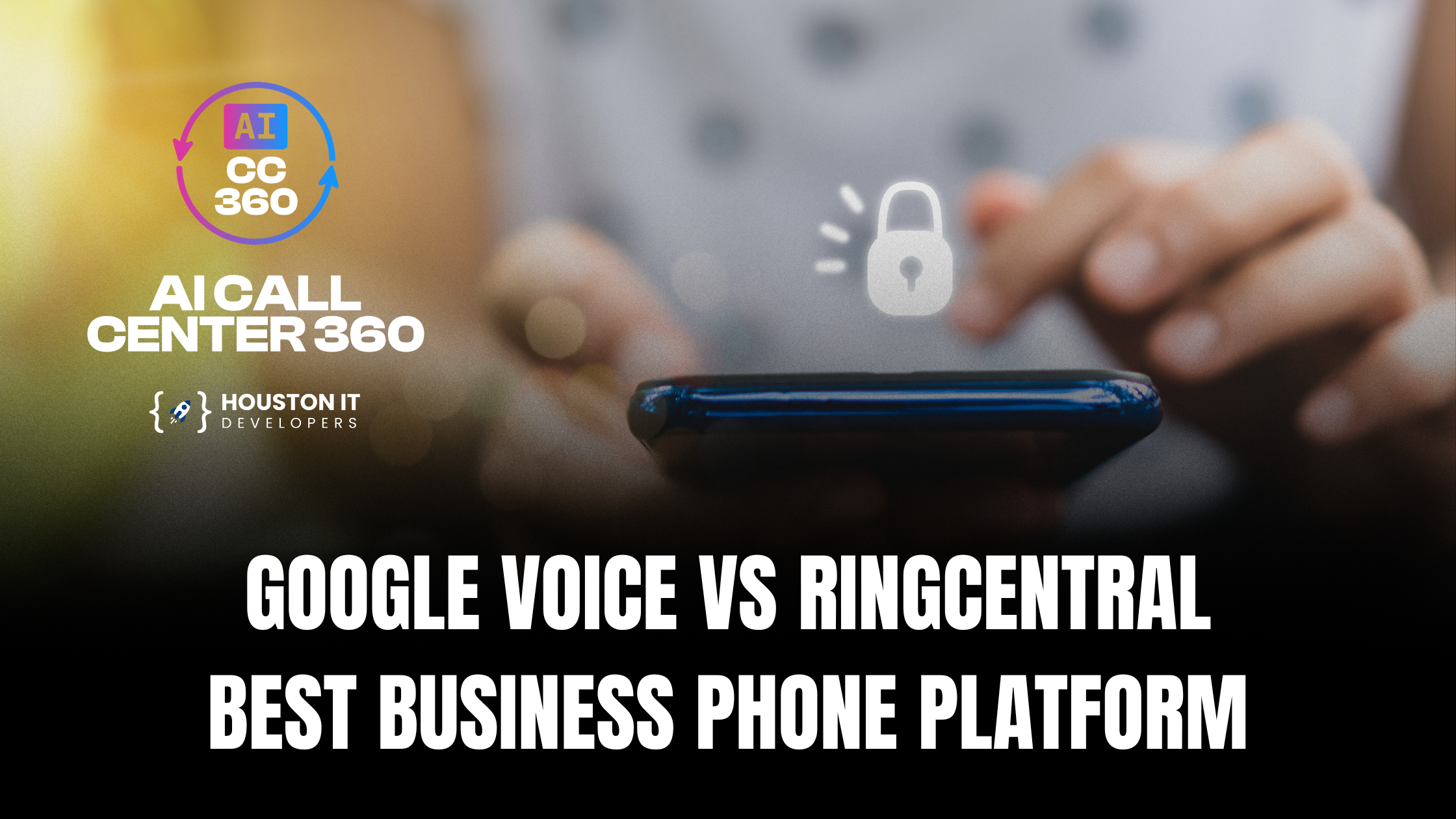Facebook advertising is a boon for digital marketing professionals and advertisers as it boasts of one of the largest and most diverse audiences on the internet. For an advertiser, tapping into even a fraction of that audience means a massive profit in the business.
Facebook has been a popular social media platform for small businesses to advertise their products and services across the globe. Facebook Ads also enable non-profit organizations to connect to people for social causes and fundraisers. But of late, Facebook Ads have been the center of controversy and criticism of abuse and misuse of its data.
Agreed, Facebook Ads offer a high degree of targeting precision that allows advertisers to create highly personalized experiences and relevant and valuable user interactions. But the flip side is the rising sensitivity when people are identified and targeted based on their health conditions, demographic characteristics, or affiliation to social causes.
Taking feedback from civil rights experts, policymakers, and other stakeholders, Meta has now made changes to its Facebook Ads policy so that it can stop advertisers from misusing its targeting options.
How is Meta changing its Facebook Ads policy in 2022?
From 19th January 2022, Meta will stop some detailed targeting options because they concern to subjects that may be perceived to be sensitive. It is removing targeting options referencing causes, organizations, or public figures that relate to:
- Race or ethnicity
- Political affiliation
- Religion
- Sexual orientation
- Health
Some of the examples given by Meta that will be removed from detailed targeting options are:
- Health causes such as World Diabetes Day, Chemotherapy, or Lung Cancer Awareness
- Sexual orientation words such as same-sex-marriage and LGBT culture
- Religious practices and groups such as Catholic church and Jewish holidays
It will also be removing targeting options that may be redundant with others or too granular and have not been widely used.
How does this impact advertisers using the Marketing API?
Meta recommends advertisers acquire the list of ad set IDs targeted at affected objects through the Deprecated targeting terms API. They then need to evaluate the ad sets targeting specifications to identify those ad sets that may be paused.
Meta will continue to deliver the campaigns until 17th March 2022. In the meanwhile, advertisers can edit the campaigns containing the impacted targeting options. The edits can be made at the campaign level without impacting targeting. At the ad set level, some changes may update the target audience.
If the ad set is paused before 17th March 2022, you will have to update the targeting to turn it on again. The individual ads can be edited for copy, creative, or adding new ads without impacting the targeting.
What will happen to the affected ad sets after 17th March 2022?
The edits for the impacted campaigns will not be possible after 17th March 2022 at any level, campaign level, ad set level, or ad level. To make sure that the campaigns or ad sets aren’t removed, advertisers should update their affected ad set’s detailed targeting and publish changes before the said date.
If an advertiser tries to modify targeting specifications that contain such options after 17th March, the API will display an error message “Error code 100, sub code 18157520: Cannot Use Invalid Detailed Targeting Options…”
After 17th March, advertisers will no longer be able to edit prior campaigns that include deprecated targeting settings. Hence, it is best to revise the detailed targeting settings before so that you can continue with the modified Facebook ads.
Conclusion
Social media Marketing platforms, especially Facebook, have been under constant scrutiny by policymakers and the public. It has been responding to the mounting vocal feedback by taking measures such as this.
Meta has now come up with changes for Facebook Ads reducing their targeting granularity across sensitive criteria.
The onus also lies on the advertisers and digital marketing professionals to support the data privacy concerns and profiling of social issues. They have to be prepared to tackle sensitive topics and take a stand.
It is now time for other social platforms to follow suit and scale back their targeting from personal characteristics. We might expect these targeting adjustments in the near future.
